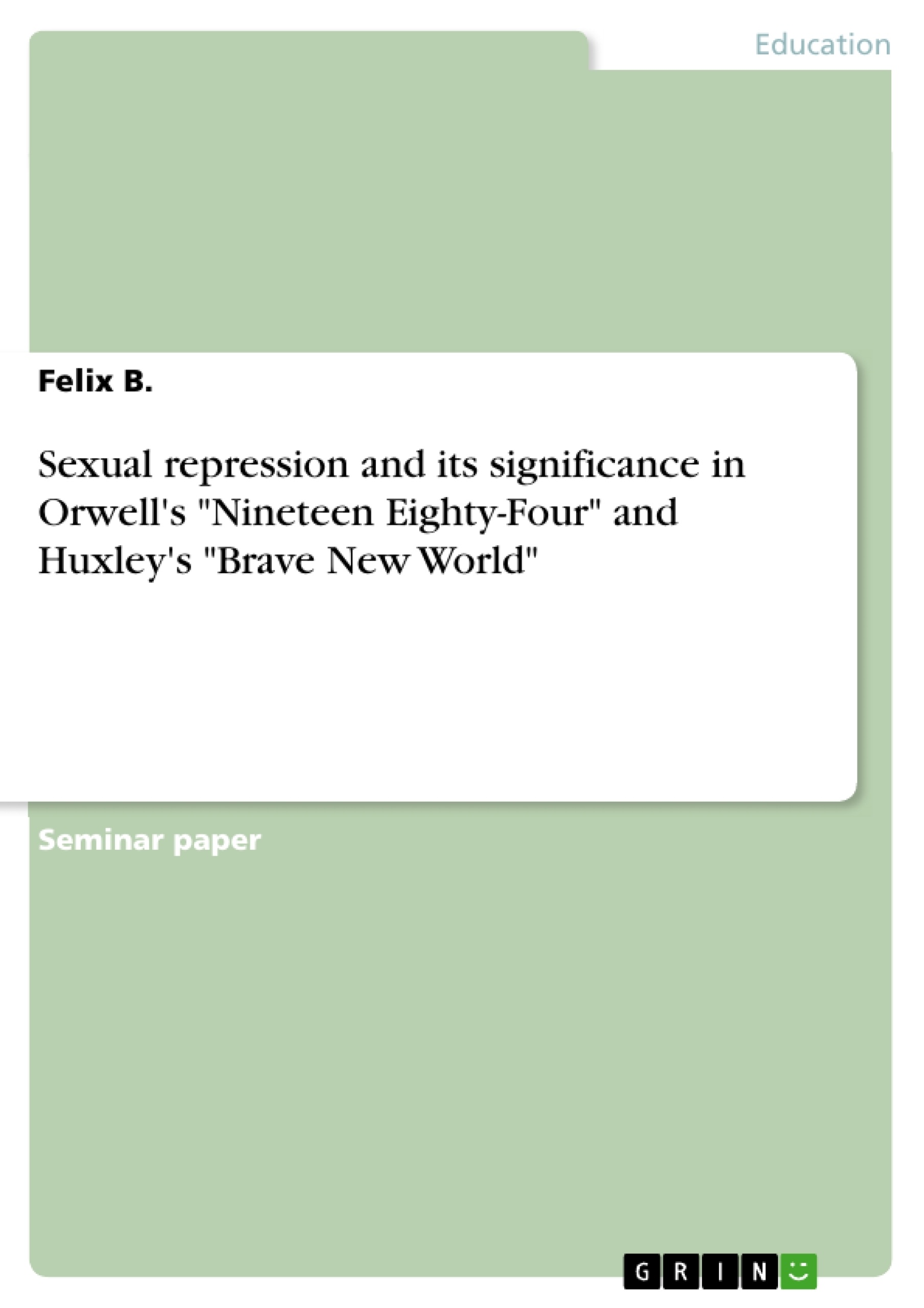We all live in a society where the fear of the surveillance state is definitely valid. In a wide range of countries all over the world everyday life is monitored by cameras, credit card transactions, satellites or phone tapping to name but a few examples. ‘There are up to 4.2m CCTV cameras in Britain - about one for every 14 people’ according to an BBC News article from 2006. It’s safe to assume that this number increase steadily and is still higher up to the present day. More recently, the social network Facebook hit the headlines in view of the fact that an Austrian law student requested all information the company had on him. He later received a parcel including 800 pages of personal information detailing Facebook events he had responded to, places he had checked-in, IP addresses where he last used the site, and other private details. Most of the user data was actually deleted by the student but still available for the operators of the social network (cf. Cyrus Farivar 30.09.2011).
It’s quite remarkable that these current issues of surveillance and data piracy are similarly picked up on dystopian novels at the beginning of the twentieth century. George Orwell's Nineteen Eighty-Four can be cited as one of the best examples and it sometimes seems that we are not far from Orwell’s world. The populace of his fictional society is monitored by a two-way telescreen in every condition of life. By doing this, The Party has wide influence on its adherent’s behaviour. One of the most significant aspects is thereby the manipulation and repression of human sexuality and its importance for the strong government. This is also true for the work of Aldous Huxley. His dystopian novel Brave New World was published nearly two decades before the origin of Orwell’s Nineteen Eighty-Four. Besides George Orwell, he is another significant English writer of the so-called dystopian fiction and with Brave New World he provided a good basis of comparison to Nineteen Eighty-Four.
This term paper should examine differences and similarities between Huxley’s and Orwell’s visions of the future with focus on the aspect of sexual repression. Besides the comparison, this form of repression will be examined closely in view of its purpose for the existence of both fictional states. Starting from the background, different areas of life will be analysed in the main part before giving a comparison to our society today. In conclusion a review on the topic will be given.
Inhaltsverzeichnis (Table of Contents)
- Introduction
- Background
- Sexual repression and its importance for the existence of the state
- Abolition of the traditional family
- Sexual repression in everyday life
- Sexual repression with regard to the act of sexual intercourse
- Comparison to our society today
- Conclusion
Zielsetzung und Themenschwerpunkte (Objectives and Key Themes)
This term paper aims to analyze the theme of sexual repression in the dystopian novels Nineteen Eighty-Four by George Orwell and Brave New World by Aldous Huxley. The paper explores how sexual repression serves as a tool for maintaining power in these fictional societies. It further examines the differences and similarities in the portrayal of sexual repression in both novels, drawing connections to real-world historical examples.
- The role of sexual repression in maintaining state control
- Comparison of sexual repression in Orwell and Huxley's works
- The impact of technology and social change on sexuality
- The relationship between sexual repression and the traditional family unit
- The relevance of these dystopian visions to contemporary society
Zusammenfassung der Kapitel (Chapter Summaries)
The introduction of the term paper discusses the pervasiveness of surveillance in modern society and its relevance to the dystopian themes explored in Orwell's Nineteen Eighty-Four. The introduction highlights the manipulation of sexuality as a tool for control in Orwell's novel.
The second chapter, "Background," provides an overview of the dystopian genre and its origins in Thomas More's Utopia. It explores the historical context of Orwell's Nineteen Eighty-Four, highlighting his engagement with totalitarian regimes and the Anti-Sex League in his novel. The chapter further examines the historical and societal influences on Huxley's Brave New World, noting his observations on changing social values and the role of technology.
Schlüsselwörter (Keywords)
Key themes and concepts explored in this paper include: dystopian fiction, sexual repression, surveillance, state control, totalitarian regimes, family, technology, social change, and contemporary relevance.
Frequently Asked Questions
How is sexual repression used as a tool for control in "1984"?
In Orwell's "1984," The Party represses sex to redirect human energy and emotion toward worship of Big Brother and the state. The Anti-Sex League is a key institution in this process.
How does sexual control in "Brave New World" differ from "1984"?
While Orwell uses repression and abstinence, Huxley's "Brave New World" uses hyper-sexualization and mandatory promiscuity. Both methods serve to destroy deep emotional bonds and the traditional family, making the individual easier to control.
Why is the abolition of the traditional family important in these dystopias?
The family is a private unit that can foster loyalty outside of the state. By abolishing it, the state ensures that the citizen's primary (or only) loyalty is to the government.
What is the relevance of these novels to modern surveillance issues?
The paper links the surveillance state in "1984" to modern CCTV usage and data collection by social networks like Facebook, suggesting that the fear of a monitored society is still valid today.
Who are the authors of these dystopian visions?
George Orwell (Nineteen Eighty-Four, published 1949) and Aldous Huxley (Brave New World, published 1932) are the two most significant English writers of the genre.
- Quote paper
- Felix B. (Author), 2011, Sexual repression and its significance in Orwell's "Nineteen Eighty-Four" and Huxley's "Brave New World", Munich, GRIN Verlag, https://www.grin.com/document/282587



